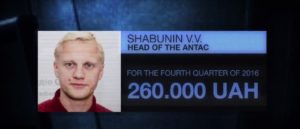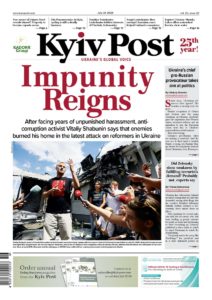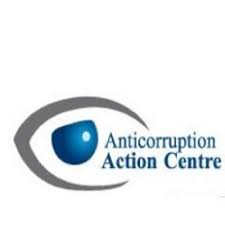Fighting False News in Ukraine, Facebook Fact Checkers Tread a Blurry Line https://t.co/ICn1v0TtdK
— Democracy Digest (@demdigest) July 27, 2020
To understand the complexity of policing online disinformation, consider the small Ukrainian fact-checking group StopFake. Earlier this year, Facebook hired StopFake to help curb the flow of Russian propaganda and other false news across its platform in Ukraine, The Times reports:
StopFake, like all of Facebook’s outside fact checkers, signed a pledge to be nonpartisan and not to focus its checks “on any one side.” But in recent weeks, StopFake has been battling accusations of ties to the Ukrainian far right and of bias in its fact-checking. The episode has raised thorny questions for Facebook over whom it allows to separate truth from lies — and who is considered a neutral fact checker in a country at war.
 “They are empowering these organizations and these people to be making calls about what kind of information, what kind of opinions, what kind of communications are illegitimate or legitimate,” Matthew Schaaf, who leads the Ukraine office of the American human rights group Freedom House, said of Facebook and its fact checkers. “The question that needs to be asked is: Do these people deserve our trust?”
“They are empowering these organizations and these people to be making calls about what kind of information, what kind of opinions, what kind of communications are illegitimate or legitimate,” Matthew Schaaf, who leads the Ukraine office of the American human rights group Freedom House, said of Facebook and its fact checkers. “The question that needs to be asked is: Do these people deserve our trust?”
With Ukraine at yet another crossroads in its post-Soviet history, serious questions are now being asked over the country’s continued commitment to the Euro-Atlantic ambitions that lie at the heart of the ongoing confrontation with Russia, the Atlantic Council (ACUS) reports.
Will President Zelenskyy maintain Ukraine’s westwards trajectory, or is Europe’s largest nation destined to return to the geopolitical no-man’s-land it inhabited for much of the past three decades? ACUS invited a range of Ukraine experts to share their thoughts on the implications of the Shabunin arson attack for the country’s future direction.

Screen capture
The blatant arson attack on Vitaliy Shabunin (above) and his family is an alarming signal that anti-corruption activists in Ukraine face tremendous danger, said Carl Gershman, President of the National Endowment for Democracy. Zelenskyy’s record is mixed, he added:
The launching of the High Anti-Corruption Court, banking reform, and digitization of state agencies are all promising signs. But the return of corrupt officials to positions of power is ominous. Civil society continues to drive anti-corruption efforts in Ukraine. Support for activists’ voices is now more important than ever. Ukrainian authorities should investigate intimidation campaigns and assaults with utmost vigilance. If Ukraine wants to secure Western political and donor support, which the country needs to improve its economy and confront the Russian threat, it must demonstrate a firm commitment to addressing corruption and protecting civic activists.
 The outrageous arson attack on Shabunin crosses a new line, adds Melinda Haring, Deputy Director of the Atlantic Council’s Eurasia Center and a former NED Penn Kemble fellow:
The outrageous arson attack on Shabunin crosses a new line, adds Melinda Haring, Deputy Director of the Atlantic Council’s Eurasia Center and a former NED Penn Kemble fellow:
If the case is not solved and justice is not served, it is a clear indication that Ukraine’s Western aspirations are only that: aspirations. Ukraine has a long way to go before it becomes a modern European country. Attempts to intimidate and physically harm those who are actively engaged in changing Ukraine serve to undermine the entire reform project…RTWT







